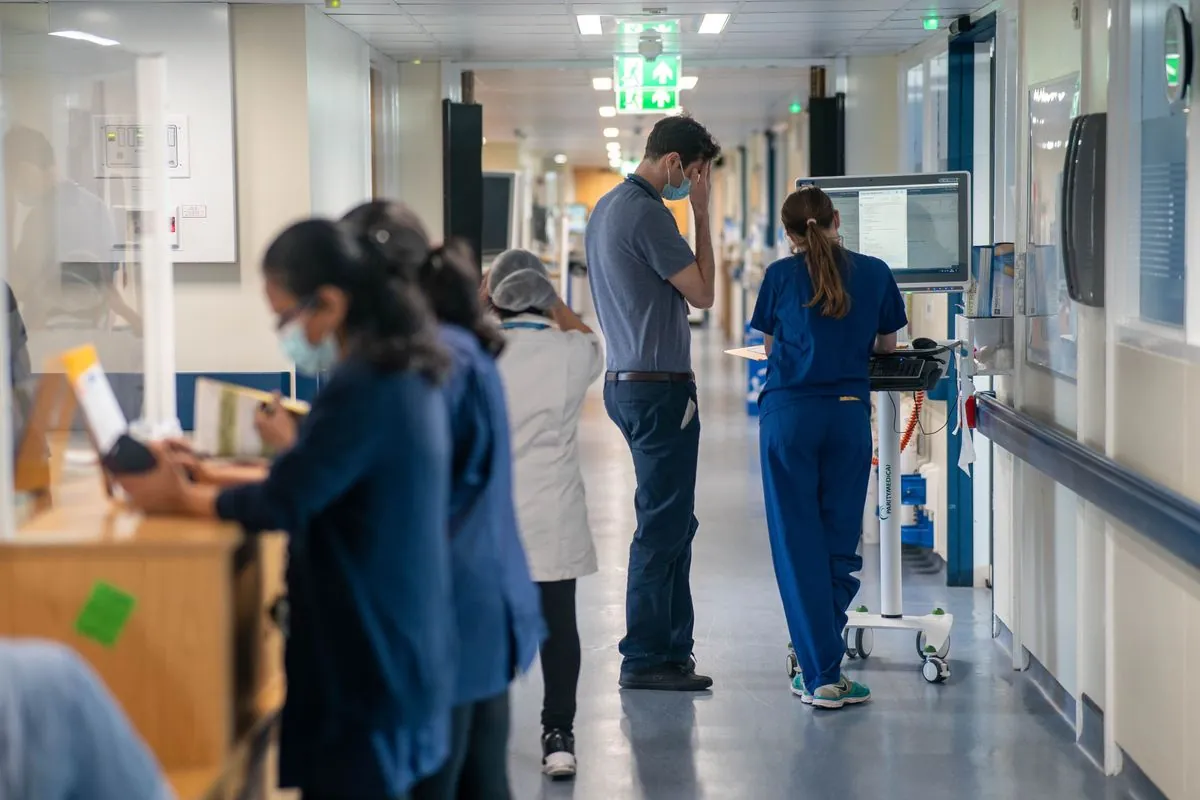UK Junior Doctors Rebrand as "Residents" Amid Pay Rise Agreement
British Medical Association negotiates new title and 22% pay increase for junior doctors, now called "residents". The change aims to better reflect their expertise and crucial role in the NHS.

In a significant development for the UK healthcare sector, the British Medical Association (BMA) has successfully negotiated a new job title and pay increase for junior doctors. As of 18 September 2024, these medical professionals will be officially known as "resident doctors," marking a departure from the previously used term "junior doctors."
The rebranding comes alongside a substantial pay rise, with resident doctors set to receive an average increase of 22.3% over the next two years. This agreement follows a period of industrial action and negotiations between the BMA and the UK government.
Dr Robert Laurenson and Dr Vivek Trivedi, co-chairs of the BMA's newly renamed resident doctors committee, explained the rationale behind the change:
"There was never anything 'junior' about the work we do. The title 'junior doctor' misled patients into thinking that they were being looked after by underqualified or apprentice doctors. In fact we are expert clinicians who are responsible for a huge bulk of the medical care given to patients across the NHS every day."
The decision to adopt the term "resident doctor" aligns the UK with international counterparts in countries such as the United States, Canada, Australia, and Spain. This change is expected to more accurately reflect the expertise and crucial role these doctors play in the National Health Service (NHS).

The pay deal and title change were approved by 66% of voting members, indicating strong support for the agreement. However, some BMA members have expressed disappointment that the union did not secure a long-term commitment to their initial demand of a 35% pay rise.
Dr Trivedi cautioned that if the government "does not continue our journey to full pay restoration... then the Government will find doctors back in dispute." This statement suggests that while the current agreement is a step forward, it may not be the end of negotiations between medical professionals and the government.
The rebranding of junior doctors to resident doctors is part of a broader effort to modernize and reform the NHS. Wes Streeting, the Health Secretary, welcomed the agreement, stating that it marks "the necessary first step in our mission to cut waiting lists, reform the broken health service, and make it fit for the future."
This development comes at a crucial time for the NHS, which employs over 1.3 million people and faces ongoing challenges in meeting healthcare demands. The pay rise and title change are expected to boost morale among resident doctors and potentially improve patient care.
As the UK healthcare system continues to evolve, the impact of this rebranding and pay increase will be closely monitored. The change not only affects the doctors themselves but also has implications for patient perceptions and the overall structure of medical career progression in the UK.


































